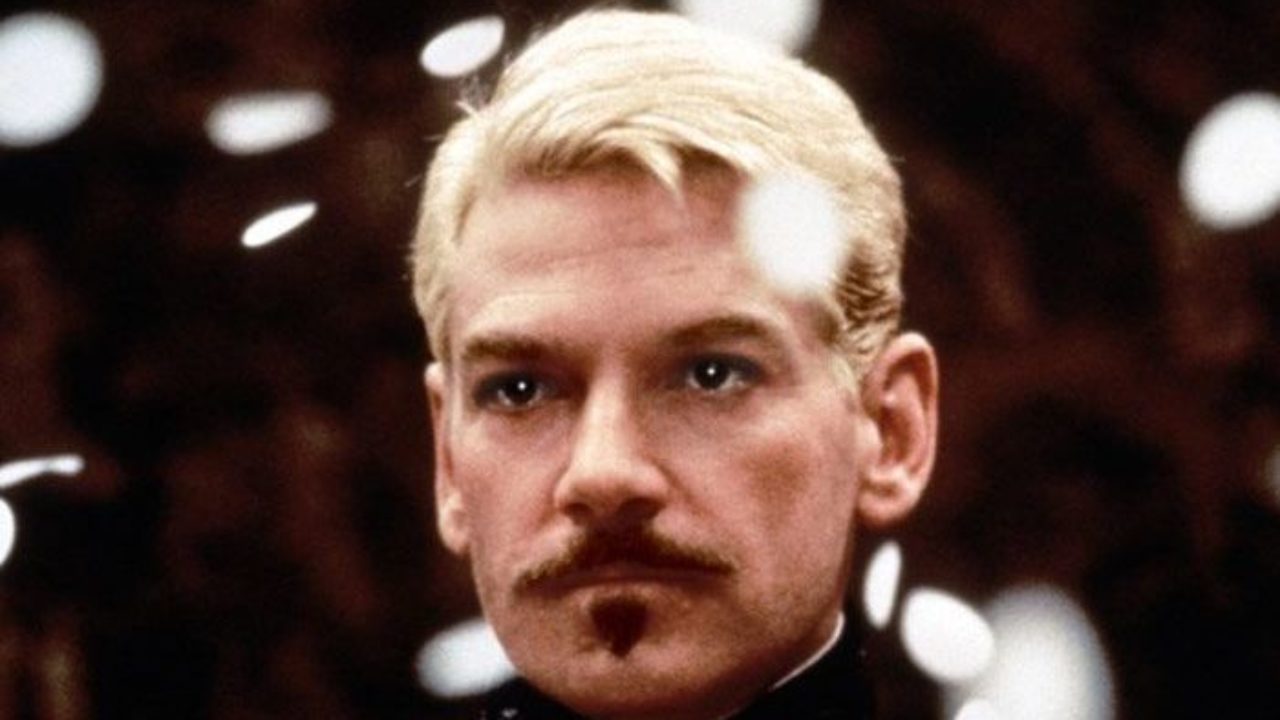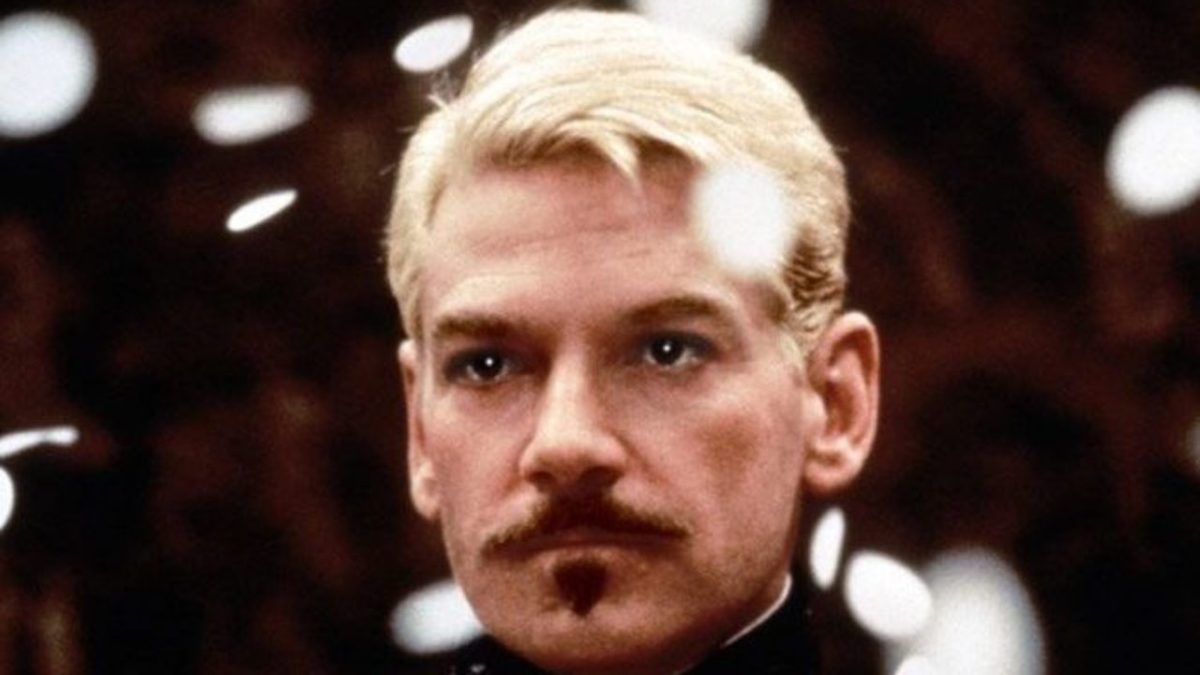The Definitive Ranking of Kenneth Branagh’s Shakespeare Films
The film's the thing.


When we think of modern interpretations of the works of William Shakespeare, few actors have had as big an impact as Sir Kenneth Branagh. The Irish writer, director, and actor has been behind some of the strongest entries in cinema’s Shakespearean canon. Trained at the Royal Academy of Dramatic Art in London (where he now serves as president), Branagh performed with the Royal Shakespeare Company before co-founding the Renaissance Theatre Company in 1987 with David Parfitt.
In honor of Shakespeare Month, we’re ranking Branagh’s six cinematic adaptations from worst to best. This list does not include any filmed stage performances, just the original films themselves.
6. Love’s Labour’s Lost
First off, kudos to Branagh’s creativity here. His adaptation of one of Shakespeare’s lesser comedies into a 1930s MGM-style musical is a clever conceit. Unfortunately, Branagh commits what is in my opinion, a grave an unforgivable sin: casting folks who cannot sing or dance in a musical.
The 2000 film also struggles with a lead performance by Alicia Silverstone who, while charismatic, struggles with the dialogue. It’s a tall order to have actors new to Shakespeare not only struggle with iambic pentameter, but having them sing and dance on top of that is a misfire for Branagh (and far to much to ask of Matthew Lillard). The film was a critical and commercial flop, and Branagh wouldn’t return to Shakespeare for 6 years.
5. As You Like It
The 2006 HBO film is Branagh’s most recent Shakespearean adaptation, and while he wrote and directed the film he does not appear in it (save for some voice-over). The film features a strong cast with Bryce Dallas Howard as Rosalind and David Oyelowo as Orlando, along with Kevin Kline, Alfred Molina, and Janet McTeer.
Branagh moves the setting from medieval France to a late 19th-century European colony in Japan after the Meiji Restoration. It’s an interesting angle that is undercut by the lack of Asian actors in any of the main roles. In addition, Branagh cuts many of Rosalind’s lines in favor of side characters and plots that don’t really add anything to film.
Rosalind is a delightful character, so to see her famous speeches cut short is disappointing. Especially when they’ve been replaced with an unnecessary ninja attack sequence.
4. Othello
This 1995 adaptation is the only film on the list not written or directed by Branagh (Oliver Parker does double duty here instead). Othello is a solid adaptation, well shot and with a stirring performance by Laurence Fishburne in the title role. Branagh plays Iago, one of Shakespeare’s greatest villains, and acquits himself admirably. It’s a solid, highly watchable adaptation of the tragedy.
3. Henry V
This 1989 drama was Branagh’s first outing as writer, director, and star in what is probably the best cinematic adaptation of Henry V. The film received three Academy Award nominations, including Best Actor and Best Director for Branagh, who was only 29 at the time. Branagh’s Henry is courageous, romantic, and fierce in equal measure, and to see him act opposite his then-wife Emma Thompson is always a delight. I mean, show me a better rendition of the famous St. Crispin’s Day speech, I dare you.
The film doesn’t shy away from the horrors of war, and offers a gritty, authentic look that makes Shakespeare’s language feel immediate and accessible for all audiences. If you’ve never seen the film, add it to your quarantine binge-watch list.
2. Hamlet
Branagh’s 1996 adaptation delivers a lush, big-budget 70 mm spectacle with a cast that includes Kate Winslet, Derek Jacobi, Julie Christie, Michael Maloney, Billy Crystal, Robin Williams, and many more. It is the first unabridged theatrical film version of the play, clocking in at just over four hours.
But Branagh’s emotional, stunning adaptation makes those four hours almost fly by. The film received four Oscar nominations and contains the richness of an old Hollywood epic. And for my money, there’s never been a better Ophelia than Kate Winslet, who gives a heartbreaking performance.
1. Much Ado About Nothing
Number one with a bullet is this 1993 romantic comedy that ranks among the best Shakespeare adaptations of all time. Branagh wrote and directed the film and stars as Benedick, alongside Emma Thompson, Robert Sean Leonard, Denzel Washington, Michael Keaton, Keanu Reeves, and Kate Beckinsale (in her first film). Filmed in Tuscany, the film is lush, romantic, and surprisingly sexy, thanks to the unbeatable chemistry of IRL husband-wife duo Thompson and Branagh.
The film is exuberant, warm, and laugh out loud funny. This is what Branagh does best: he makes Shakespeare feel immediate and relevant in a way that few actors and directors manage to accomplish. There’s no improving on this feel-good adaptation.
How would you rank Branagh’s entries into the Shakespearean canon?
(image: Columbia Pictures)
Want more stories like this? Become a subscriber and support the site!
—The Mary Sue has a strict comment policy that forbids, but is not limited to, personal insults toward anyone, hate speech, and trolling.—
Have a tip we should know? [email protected]
